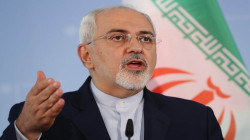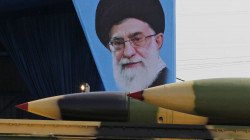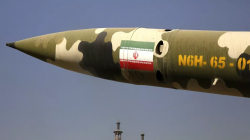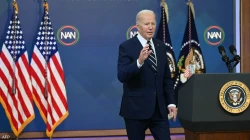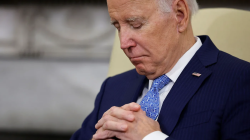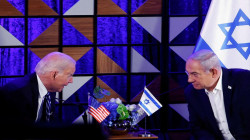US allies in the Middle East pressure Biden to come up with strategy for containing Iran
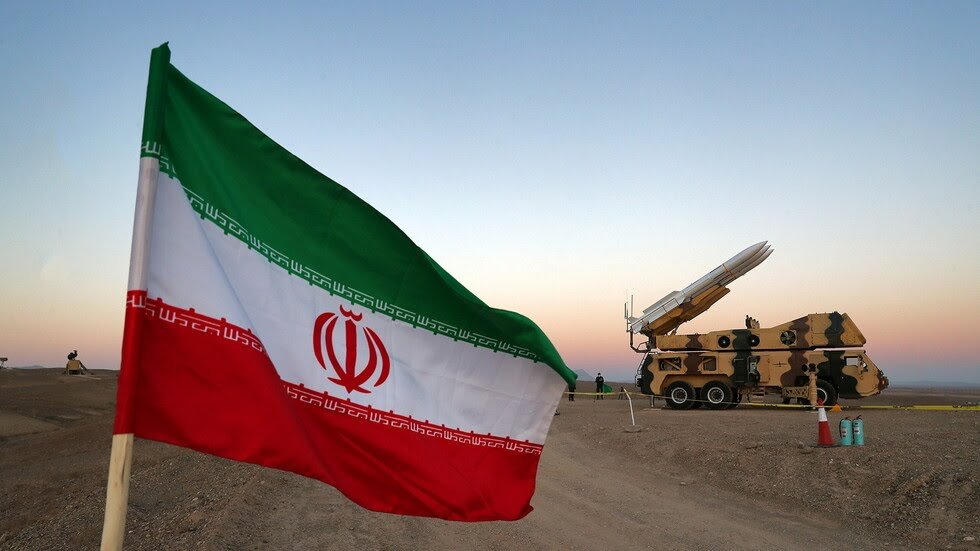
Shafaq News / President Joe Biden is under increasing pressure from the US' key Middle East allies to come up with a viable plan to constrain Iran, with hopes for reviving the 2015 nuclear deal fading as Biden prepares for his first trip as President to Israel and Saudi Arabia next month.
On a visit to Washington earlier this month, Saudi Arabia's Deputy Defense Minister Khalid bin Salman -- Saudi Crown Prince Mohammed bin Salman's brother -- told Biden's senior national security officials that he was pleased the US-Saudi relationship was getting back on track, sources familiar with the discussions said.
But he expressed concerns that the US had still not articulated a comprehensive strategy for dealing with Iran's nuclear ambitions, ballistic missile arsenal and support for regional militant groups, the sources said. And the administration has not yet told its allies, including Saudi Arabia, what a possible "Plan B" would be should the nuclear talks fail, regional officials said.
"The situation with Iran is getting very hot," said one senior administration official, referring to the country's recent decision to dismantle some of its nuclear monitoring cameras and a spate of covert, offensive Israeli operations inside Iran's borders. On Monday, three Iranian ships hounded a pair of US Navy vessels in an "unsafe and unprofessional manner," coming within 50 yards of the US ships in the Strait of Hormuz, the Navy said in a statement.
"That is a huge part of why we need to do this trip -- our allies want to know we are serious about dealing with this," the official added.
At this point, however, the prospects for a new deal "are tenuous, at best," US Iran envoy Rob Malley testified to Congress last month. And it remains unclear how the administration would keep Iran's non-nuclear missile and drone attacks at bay should the deal succeed and sanctions be lifted.
An NSC spokesperson told CNN, "We are committed to consulting closely with our regional partners regarding US policy on Iran, and in broad terms, we support dialogue among the countries in the region on issues of regional security and stability."
Lawmakers, regional partners and allies have pushed the White House for more information, but the administration has been cagey, wary of derailing the sensitive nuclear talks.
Sources familiar with the discussions said the administration has expressed that it would keep up the economic pressure on Iran and ramp up sanctions enforcement should a deal fall through. The US has also been working to build a regional coalition against Iran, urging the Gulf countries to integrate all their air and missile defense systems against Iranian attacks. That move is supported by US lawmakers from both parties but has not yet won the backing of all the Gulf countries.
US officials don't believe the onus is entirely on Biden to constrain Iran, however, and hope to hear from Middle East partners during the President's trip to Israel, the West Bank and Saudi Arabia next month about what more they can do to influence Iran's behavior, officials said.
Israel, meanwhile, appears increasingly willing to take matters into its own hands. The country's intelligence apparatus has ramped up its covert attacks on Iranian nuclear targets and scientists and is leaving the US largely in the dark about it, multiple current and former officials familiar with the intelligence told CNN.
The Gulf states are less worried than Israel about a nuclear weapon, and more about how sanctions relief from the nuclear deal could help to fund Iran's other malign activities.
"The Gulf wants to feel that America stands with them, but the biggest question mark right now is whether the US can be relied upon," said Ali Shihabi, a Saudi operative close to Riyadh who often represents that nation's government's point of view. "Saudi Arabia wants as much involvement from the US as possible in constraining Iran, so that will be a discussion that will dominate the GCC-Biden meeting."
The Biden administration is divided over the seriousness of Iran's nuclear ambitions. Some current and former officials familiar with US intelligence believe Iran's primary goal is sanctions relief, and that its leaders are content to simply hold the threat of further nuclear development as leverage.
Others believe Iran really does want to produce a nuclear weapon, because the country's leaders have taken note of how North Korea and Russia, both nuclear-armed states, have managed to avoid direct western interference like invasion and regime change.
Malley told lawmakers last month that "nothing is off the table" when it comes to ensuring Iran never obtains a nuclear weapon, to include military action. But he reiterated that the US position is that "the only real solution here is a diplomatic one."
The NSC spokesperson reiterated that position. "We will remain committed to diplomacy as the best, most durable means of addressing our concerns with Iran's nuclear program," the spokesperson said.
(CNN)
